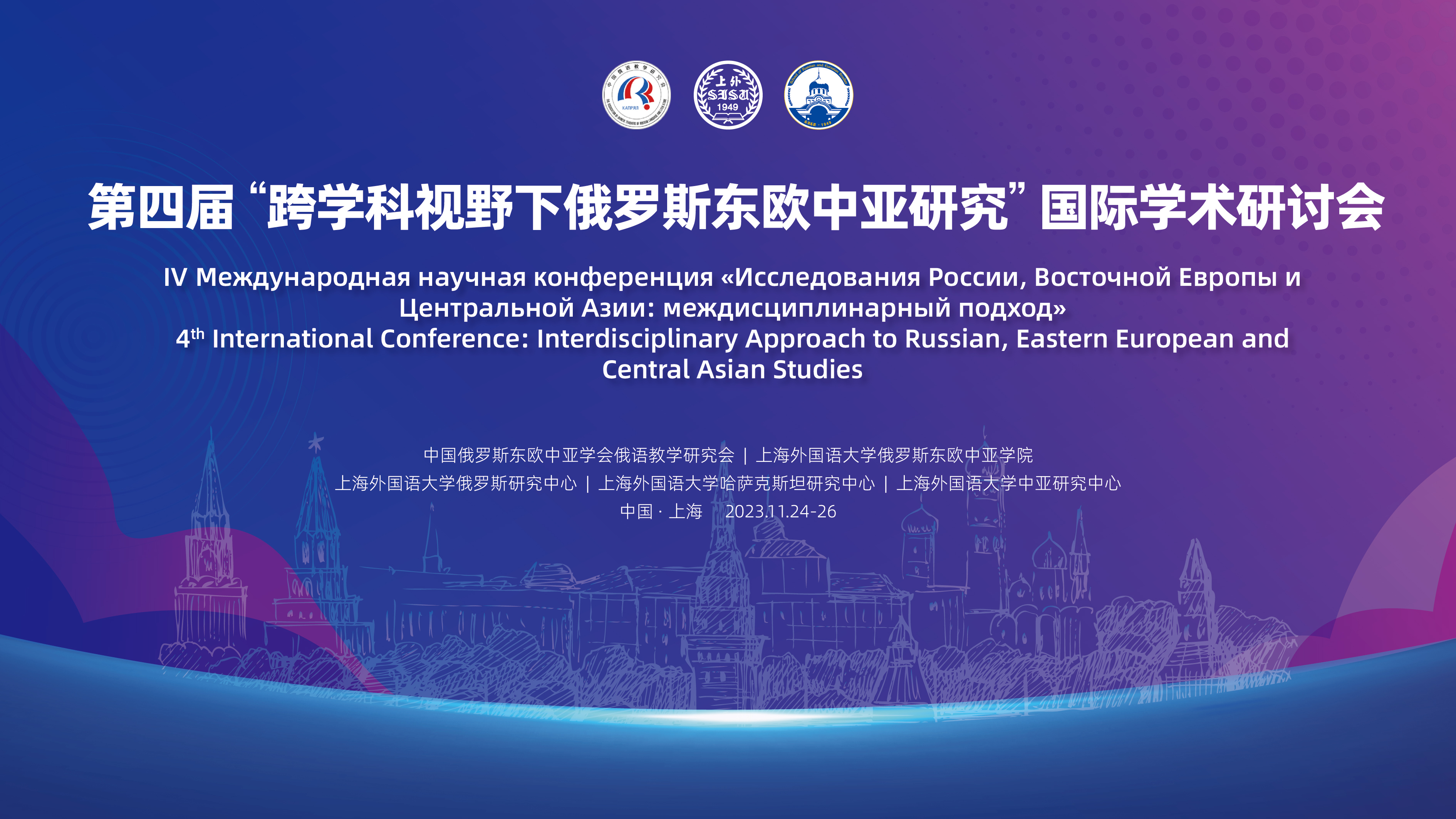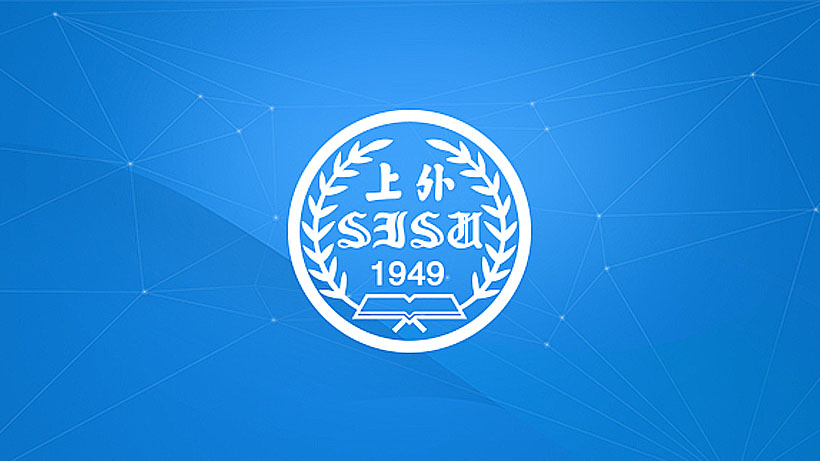
新闻报道


新闻报道

华东政法大学马克思主义学院教授
新闻报道

This talk, based upon my book Multilingual Life Writing, examines the ways in which multilingual women authors incorporate several languages into their life writing.The book compares the work of six contemporary authors who write predominantly in French. It analyses the narrative strategies they develop to incorporate more than one language into their life writing: French and English, French and Creole, or French and German, for example. This lecture will demonstrate how two specific writers transform languages to invent new linguistic formations and how they create new formulations of subjectivity within their self-narrative. It intervenes in current debates over global literature, national literatures and translingual and transnational writing, which constitute major areas of research in literary and cultural studies.
This paper examines the aesthetic of the sinograph (or Chinese characters) in the French-language novels, calligraphic works, and picture books by two first-generation Chinese migrant writers and artists in France, François Cheng (程抱一) and Shan Sa (山飒). It will begin with an illustration of Cheng's and Shan's "Chinese" calligraphic works (accompanied by the artists' French texts and published in France) (Et le Souffle devient signe: Portrait d’une âme à l’encre de Chine [2001] / And The Breath Becomes Sign: Portrait of a Soul in Chinese Ink and Le Mirroir d’un calligraphe [2002]) / The Mirror of the Calligrapher, and explicate their artistic sensibilities and visions informed by traditional Chinese aesthetic concepts, e.g. yin-yang, mountain-water, sentiment-scenery. It will then "read" these calligraphic images into their respective French novelistic fabric (Le Dit de Tianyi [1998]/The River Below [2000]/ 天一言 [2009] & L’Impératrice [2003]/Empress: A Novel [2006]) and demonstrate how our knowledge of the sinograph is key to the revelation of these writers' transcultural stylistic innovations and diegetic configurations, a kind of (in)visible multilingualism and multimodality beyond the obvious linguistic translation and lexical borrowing.
Prof. Natalie Edwards, Head of School of Modern Languages, University of Bristol. Natalie Edwards is an award-winning teacher, researcher and supervisor in French and Francophone literature. She specialises in transnational and migrant literature, multilingual writing and women's writing. She has published 3 monographs, 12 edited volumes and over 40 journal articles and book chapters on contemporary literature in French. She currently holds an Australian Research Council Discovery Project in transnational French-Australian literature. She has also published on pedagogical innovations in languages, in both undergraduate curricula and postgraduate research.
Dr. Shuangyi Li is broadly interested in global modernism(s), transcultural/translingual/exophone writings, international canon-formation, reception studies, literary and semiotic translation, travel writings, literary exoticism, intermediality mainly from literary perspectives (word, image, and sound), and critical models of world and comparative literature.
新闻报道
如何成为研究型教师已成为许多教师专业成长中关注的问题,本讲座针对研究生和中小学英语教师在论文选题和撰写中常见的问题,从以下几方面展开:论文写作的价值追求、写作方法与步骤、常见问题与改进建议、投稿注意事项等,希望能帮助英语教师更好地定位和开展研究,完善成果表达,助力个人专业成长。
获取更多与本讲座相关的详细信息,敬请关注中国外语战略研究中心公众号“语言与未来”(ID: SISU_CCLPPS)的微信推送。
华东师范大学教师教育学院教授,博士生导师,《中小学英语教学与研究》杂志主编,教育部“十四五”教师国培计划专家库专家,首期教育部“国培计划”中小学名师领航工程学术导师、教育部名师计划学术导师,主要从事英语教育和教师教育研究。
先后主持和参加“新时代英语教科书中国文化内容重构研究”“我国中小学生外语能力量表研究:基于国际比较的视角”“英语教师课堂教学规范与评价指标体系研究”“教师专业标准的国际比较研究”等多项国家和教育部重点课题的研究工作。在《课程•教材•教法》、《教育发展研究》《全球教育展望》等权威期刊发表“以学习者为中心的英语教材:特征、表现与启示”“如何在课堂教学中培养英语学科核心素养”“核心素养评价:国际经验与启示”“英语学科中思维能力的培养”“构建我国中小学英语阅读能力结构框架体系”等论文,出版《英语课程开发:原理与实践》等著作。
新闻报道

本次讲座主要从经济与政治相结合的角度,通过案例分析,讨论区域国别研究作为一门新兴学科的方法融合与学科交叉属性。
上海全球治理与区域国别研究院教授、志远领军学者,中国世界经济学会副会长。
新闻报道

This paper examines the impact of exposure to public health insurance in early life on outcomes in adolescence in rural China. Exploiting the variation in the county-by-county rollout of the New Cooperative Medical Scheme (NCMS) between 2003 and 2008, we find that exposure to the NCMS during ages 0-5 significantly improves health, cognitive, and educational outcomes during adolescence. In contrast, exposure after age five has no significant effects. Our further investigation provides evidence for several underlying mechanisms, such as improved prenatal care and birth outcomes, better preventive medical protection against childhood diseases, and lower risk in medical expenditure.
金融学博士,上海外国语大学国际金融贸易学院精算学系讲师。论文发表于Scandinavian Journal of Economics,《社会保障研究》等期刊,主要研究方向为社会保障、养老金经济学、行为保险、发展经济学等。
新闻报道

上外“跨、通、融”研究生教育质量提升系列讲座由研究生院主办,汇集国内外知名专家学者,共设有“科学与学术研究方法”“区域国别研究”“科技前沿与未来发展”三大主题。该系列讲座旨在提高我校研究生的学术水平和科研能力,彰显区域国别研究学科内涵,与科技前沿和未来发展同频共振,提升我校研究生的竞争力、发展力、持续力,助力研究生把握主动,赢得未来。
该系列讲座一年举办30场。2023级学术学位硕士研究生,在修业年限内每个主题需要参加至少4场,总数不低于12场,方可达到“学术活动与专业实践”学分的考核要求。
扫描海报二维码参与
复旦大学教授,计算机科学学院党委书记
新闻报道

该系列讲座旨在提升我校师生对国际组织人才培养的重视程度,激发人才培养热情,使国际组织人才培养氛围更加浓厚。
为培养学生的家国情怀、点亮筑梦国际组织的理想,激发学生对全球治理课程的渴望,每学期举行三场有关国际组织实习任职亲身经历和实用信息分享的云讲座,三场讲座分别从点燃梦想筑梦国际组织、在联合国实习和工作体验、以及申请联合国实习岗位的方法三个角度,唤醒学生赴国际组织实习的意识,提升对国际公务员岗位的认知以及了解如何申请与自身匹配的联合国实习岗位。讲座设有答疑环节,鼓励学生在线提问,主讲人根据学生们的提问,给出专业解答。
讲座以线上直播形式举行,请有意参加讲座的师生关注研究生院的通知,根据通知说明进行报名参与,往期讲座均可通过回放参与学习。
本期讲座报名方式详见海报说明。
小红书著名博主: @元宇宙之心MetaverseHub、元宇宙之心创始人兼CEO
中国通信工业协会平台经济创新专委会理事、专家智库副主任
《财富》中文专栏作者、畅销书作者
新闻报道

Scopus是目前全球规模较大的经过同行评议的文摘和引文资料库,被全球科研人员作为一站式科研发现的重要起点。本次讲座将包含Scopus 的概览及使用技巧,目的在于说明科研人员,帮助科研人员追踪研究热点、发现研究前沿。结合Scival智能科研工具的深度分析与特色指标,助力构建全球科研新视野。
爱思唯尔科研管理部解决方案经理
新闻报道

该系列讲座旨在提升我校师生对国际组织人才培养的重视程度,激发人才培养热情,使国际组织人才培养氛围更加浓厚。
为培养学生的家国情怀、点亮筑梦国际组织的理想,激发学生对全球治理课程的渴望,每学期举行三场有关国际组织实习任职亲身经历和实用信息分享的云讲座,三场讲座分别从点燃梦想筑梦国际组织、在联合国实习和工作体验、以及申请联合国实习岗位的方法三个角度,唤醒学生赴国际组织实习的意识,提升对国际公务员岗位的认知以及了解如何申请与自身匹配的联合国实习岗位。讲座设有答疑环节,鼓励学生在线提问,主讲人根据学生们的提问,给出专业解答。
讲座以线上直播形式举行,请有意参加讲座的师生关注研究生院的通知,根据通知说明进行报名参与,往期讲座均可通过回放参与学习。
本期讲座报名方式详见海报说明。
卡内基梅隆大学助理教授
新闻报道